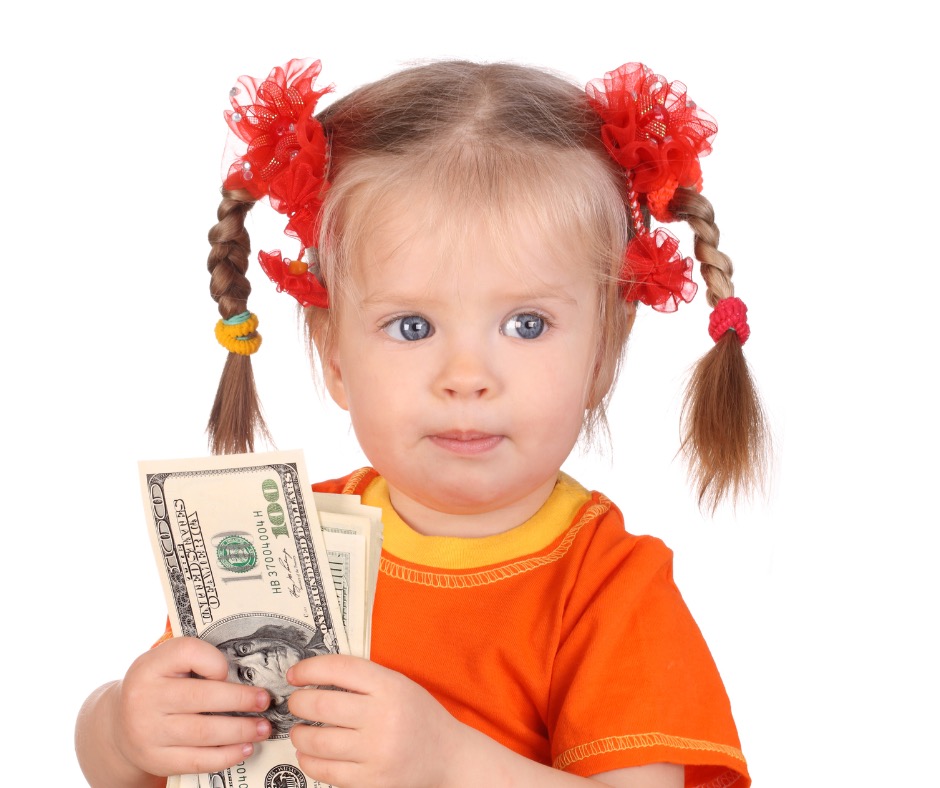 I’d like to write about 60 self-made women. My team and I have been debating the meaning of “self-made” since Forbes’ latest clickbait on the topic was released.
I’d like to write about 60 self-made women. My team and I have been debating the meaning of “self-made” since Forbes’ latest clickbait on the topic was released.
In response to the outcry after naming Kylie Jenner #27 out of the 60 richest self-made women, Forbes re-released the guidelines it had previously created for use in determining who fits the mold.
Forbes put Kylie under reason #7: Self-made who got a head start from wealthy parents and moneyed background.
What do you think? Using this criteria, does Kylie really fit the description of #7?
I mean, clearly the collective “we” can’t expect that a person start out as essentially destitute for us to consider her to be self-made. But to get Kylie Jenner to the top-third of Forbes’ scale as “self-made who got a head start from wealthy parents and moneyed background,” required that Forbes ignore everything else that contributed to Kylie’s makeup brand’s success, and treat her parents as basically a source of seed money.
That said, let’s get real here. Reality TV and the Kardashian name, plus starting from a position of wealth, are all contributing factors of Kylie’s self-making.
Rather than quoting its own scale, Forbes should re-weight it. Or, skip it altogether. “Self-made” should not require a scale. “Self-starter” doesn’t. “Self-centered” doesn’t. “Self-made” is clear as day.
Why did Forbes need its scale, anyway? Oh, right, because they’re naming people who are not self-made. “Self” simply is not a confusing concept. Either you did it by your own resources, time, effort, and will, or you didn’t.
Could you have done it but for something for which you are not solely responsible? Self.
If you would have borrowed the same amount of seed money from a bank, then borrowing from your wealthy parents is no different to me, regardless of the terms. Self.
But if the financing came from a trust fund bearing your name, there’s less to lose, fewer people to disappoint, and no one to apologize to. Not self.
And, on that note, isn’t there almost equal risk (metaphorically speaking) to each person who finds a way to fund her own venture? Self. No matter how it’s funded, the risk is still a risk. If the venture is successful, then – no matter how it was funded – good for you! Self.
Remember the headline of this run-of-the-mill Forbes piece: It’s about the Richest Self-Made Women. Not the “best” or “hardest working” or “most in debt after taking a loan” or even “most successful” women by way of their companies’ success or contributions to society, economy, etc.
Taking that into perspective, let’s get back to semantics: What does “self-made” mean to you? Does it have to mean “bootstraps to billionaire?” And who’s the judge of what “success” is? Does it even have to mean “rich?” If not, Forbes could scratch its guidelines, remove the word “richest,” and come up with a whole new list of apparent nobodies who’ve done great things and succeeded by their own metrics.
That list might not go viral like Forbes clickbait, but I will self-make it. At a minimum, I just want to hear other people’s thoughts on what it means to you to be self-made: Self-made is up to you. Or me. Or Kylie, for that matter.
